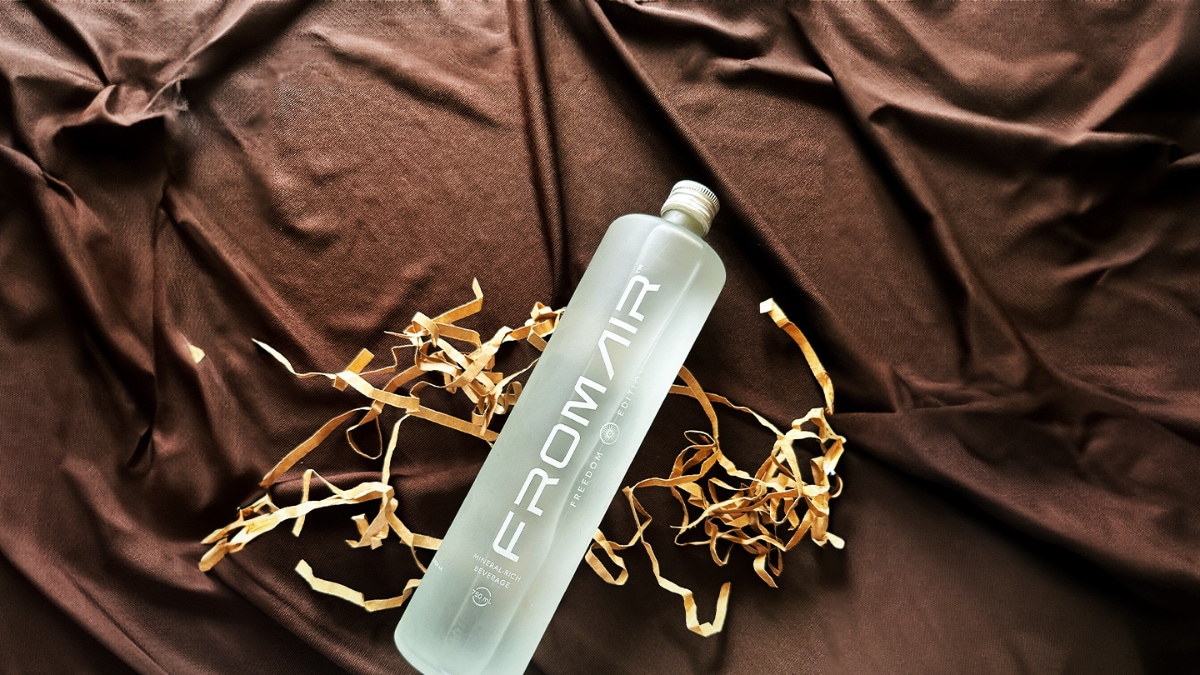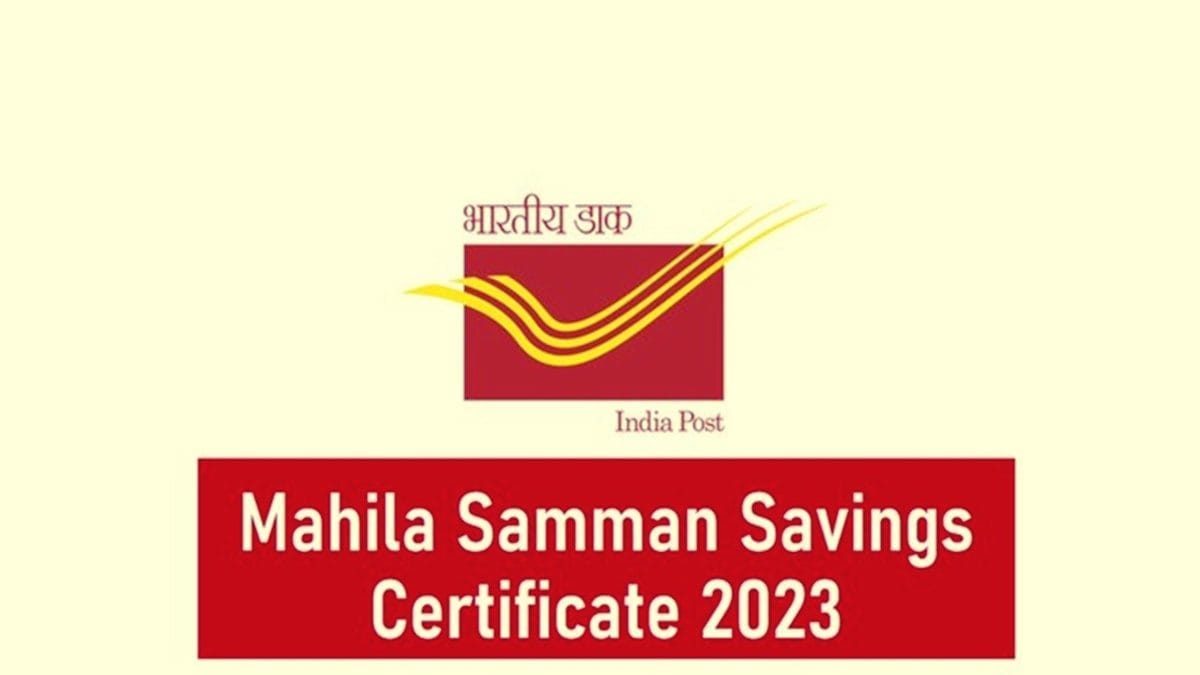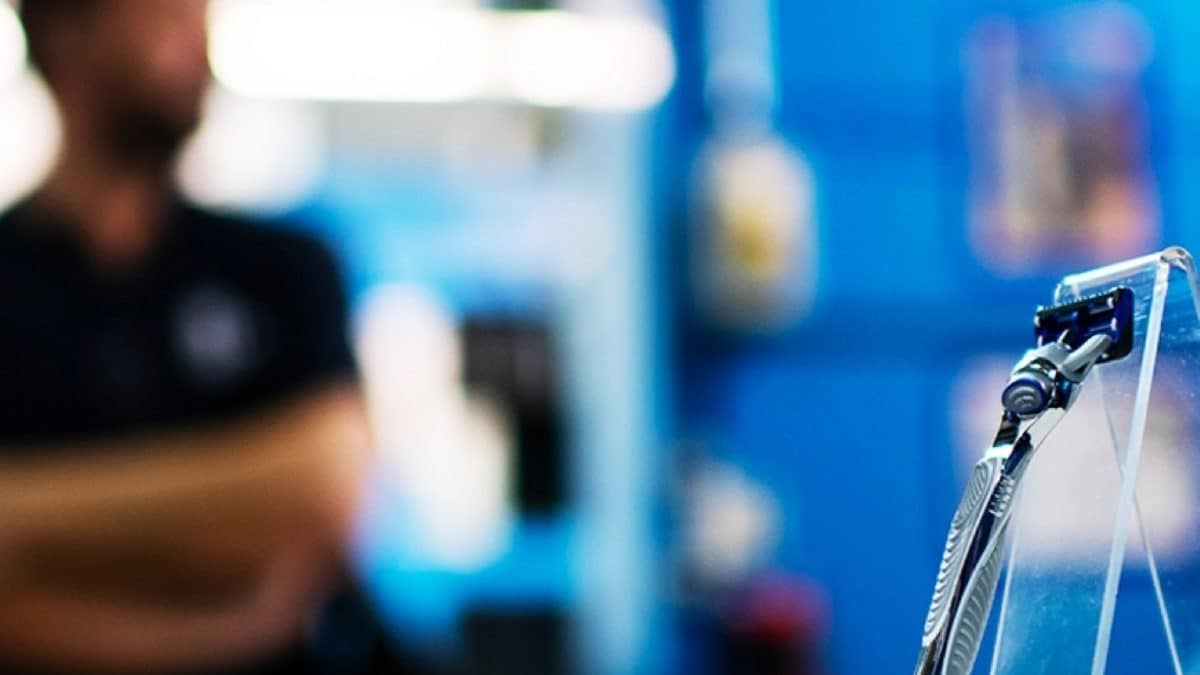[ad_1]
Amidst the persistent global challenge of water crisis, Uravu Labs, a Bengaluru-based startup, has emerged with an innovative solution – producing water from the air. Swapnil Srivastav, the CEO and Co-founder of Uravu Labs, in an exclusive interview with News18, has provided insights into the science behind their groundbreaking technology and shed light on the company’s ambitious plans for the future.
“Uravu’s core technology extracts water from air using a unique process inspired by desiccant materials,” Srivastav explained adding that “we utilise these materials to absorb moisture from the ambient air, which is then heated to release the captured vapour. This vapour is condensed into pure drinking water through a series of controlled heating and cooling processes”.
Recognising the gravity of global water crisis, Srivastav emphasizes the significance of their technology in addressing this persistent challenge. He acknowledged the fact that water scarcity is a paramount concern worldwide, exacerbated by factors such as population growth, reduction of groundwater and climate change. According to him, in regions like India, where the water demand far exceeds the available supply, innovative solutions like Uravu’s technology are imperative for ensuring water security.
As sustainability lies at the heart of Uravu’s mission, Srivastav underscored its commitment to eco-friendly practices. “We don’t use plastic bottles, we exclusively utilise glass packaging. Our innovative reverse logistics model ensures that all glass bottles are returned to us for cleaning, refilling, and reuse. This model mirrors the system employed by beverage giants like Coke or Pepsi two decades ago,” he noted.
However, since gaining the trust of the consumers remains a core tactic to survive in a crowded market, Srivastav highlighted that their marketing efforts will focus on highlighting the affordability facts, superior taste, and eco-friendliness of the product, reassuring consumers of their choice. “In Bangalore, we have already sold almost 3.5 lakh bottles in the last 8 months. This means that we already have a customer base which has tried our water, tasted our water, and is getting aware of the concept as well as quality,” he noted.
Srivastav further explained that despite operating in an industry dominated by major corporations, he is confident in Uravu’s ability to establish itself as a sustainable alternative. He highlighted that they are not competing against any global giants, rather they are following a business-to-business-to-customer model. The CEO further explained that in this unique business model, they handle the backend operations of water extraction and packaging while partnering with distribution networks to bring their product to consumers.
“The Leela Palaces, Hotels and Resorts, a valued client of ours, features their own brand called Aujasya in their rooms and restaurants. To align with their branding, we label our product as Aujasya, with ‘From Air’ as our trademark and ‘Crafted by Uravu’ featured prominently. This strategy parallels the approach of well-known brands like Intel, whose logo appears on various devices regardless of the manufacturer. Similarly, our focus lies in popularizing ‘From Air’ as a symbol of quality and sustainability,” he explained.
The Roadmap
Looking ahead, Uravu Labs, which currently has only one facility in Bengaluru with a total of 70 employees, has ambitious plans for expansion and innovation. Srivastav said: “There are many applications of the technology we use. We are currently involved in a hydroponics project in Abu Dhabi, where vertical farms utilize our water extraction technology for their daily needs.”
“We’re also exploring applications for data centres. A one-megawatt data centre typically requires around 80,000 litres of water daily, while larger facilities can consume over a million litres per day. By adopting our technology, data centres could reduce their water usage by up to 90%, reducing pressure on community water sources and groundwater reservoirs,” he explained.
Srivastav further stated that Uravu’s ultimate objective is to make its air-to-water technology affordable enough to be feasible for a wide range of drinking water applications in households and rural settlements. “Water is the most used commodity on earth and it is decreasing rapidly both in physical quantity as well as quality aspects,” he added.
In terms of affordability, he explained that currently, the cost structure of bottled water involves various expenses, including water sourcing, packaging, distribution, and equipment costs. “Typically, the cost of water itself ranges from 20 paise to 60 paise per litre, depending on purification processes and the source’s quality…also there are hidden costs across the supply chain. However, for Uravu Labs, the cost of producing water stands at around 4 to 5 rupees per litre. This significant difference highlights the gap between conventional water procurement and air-to-water technology,” he added.
Furthermore, Srivastav highlighted the humanitarian costs associated with water scarcity. He noted that during periods of water shortage, people often pay significantly more for water, sometimes up to ten times the normal price. But by investing in stable technology like air-to-water, although it may initially seem costly on a per-litre basis, consumers will be able to avoid these sudden spikes in prices during water crises.
Srivastav has outlined a roadmap aiming to reduce the cost to an ambitious 50 paise per litre by 2030 to address a critical global challenge like the water crisis, with a reliable and sustainable approach.
[ad_2]
Source link




